Aging and Cancer
Cancer is a disease of aging.
According to the National Cancer Institute (NCI), cancer incidence increases dramatically after age 50, and the median age of people diagnosed with cancer in the United States is 66. Americans diagnosed with the most prevalent cancer types are, on average, over the age of 50.
With people living longer, the incidence of will continue to increase, despite the many advancements in prevention and treatment.
Given that the U.S. Census Bureau estimates that the population over 65 will reach 83.7 million by 2050, we are facing a public health crisis.
SWCRF is committed to funding research to identify the causal factors that contribute to cancer in older populations and develop minimally toxic treatments to prevent this projected cancer epidemic.
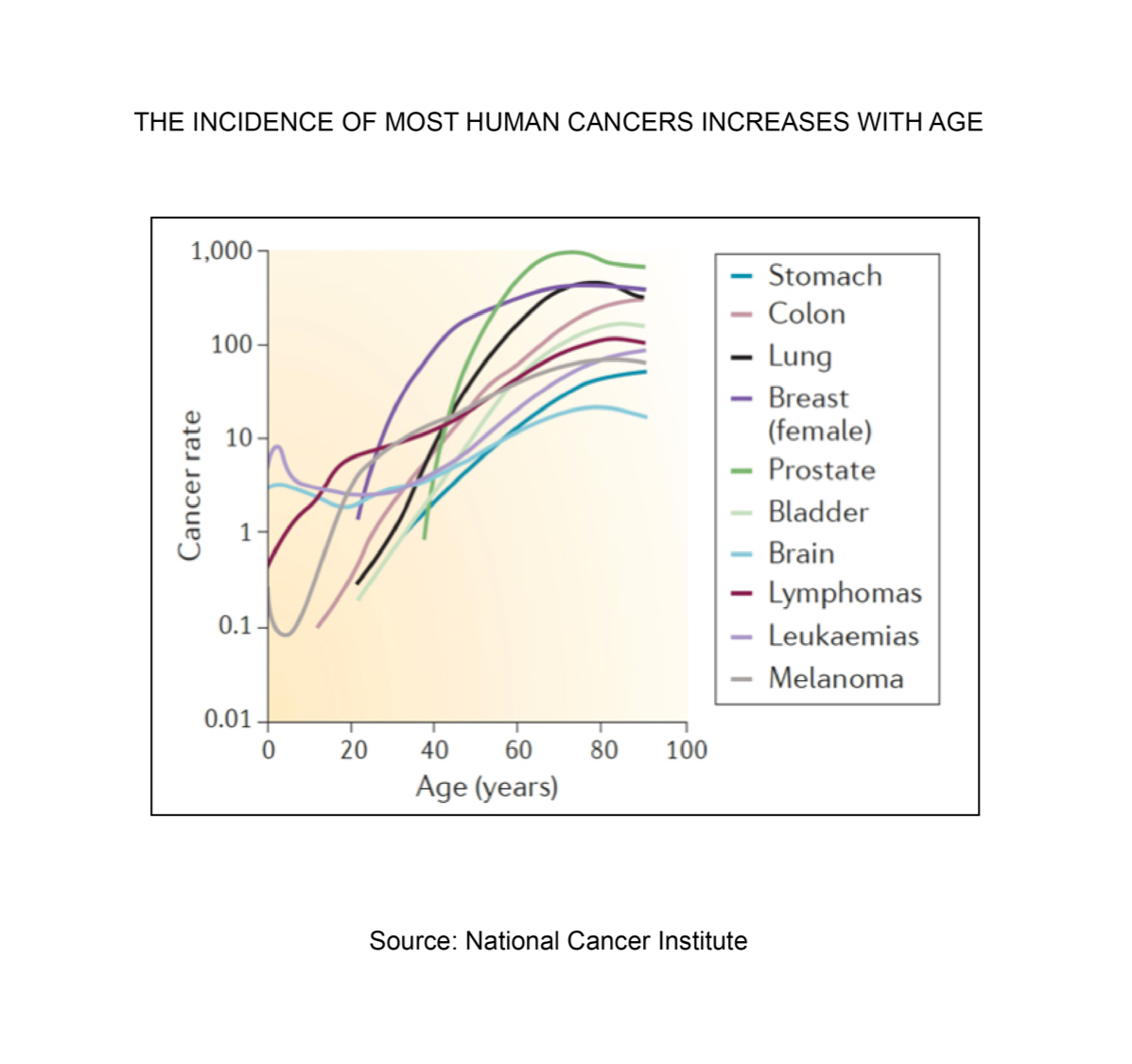
Yes, I want to support aging and cancer research!
SWCRF International Network for Aging and Cancer Research
In 2018 SWCRF launched the International Network on Aging and Cancer. This key initiative aims to link government agencies, pharmaceutical companies, philanthropists, research labs and universities, and other foundations, to work together to fund groundbreaking research into aging and cancer.
The inaugural program, called the Partnership for Aging and Cancer Research Program, connected the National Cancer Institute (NCI) and National Institute on Aging (NIA) investigators with scientists at outside institutions to work together to address the rising incidence of cancer and discover innovative preventions and treatments.
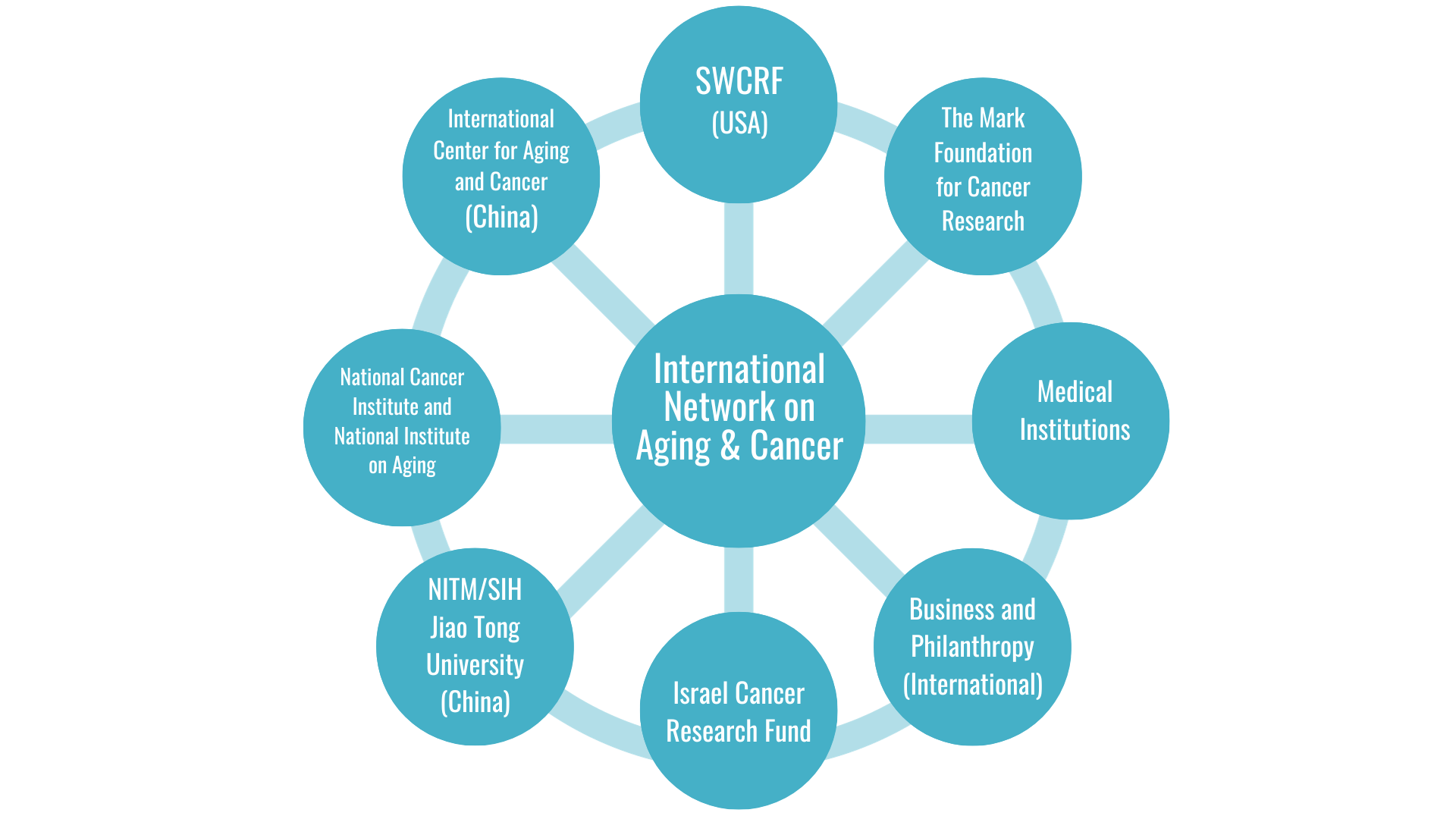
The pilot program invested $3 million and funded seven pairs of scientists for two years. Due to its success, this program was expanded in 2022 to include four more scientists.
In 2020, SWCRF co-founded the International Center for Aging and Cancer in Hainan, China with the Hainan Medical University, and Ruijin Hospital affiliated with Shanghai Jiao Tong University School of Medicine. The center recently completed construction of new laboratories and is actively recruiting faculty.
Also in 2020, SWCRF partnered with Wiley Publishing to release Aging AND Cancer, a new peer-reviewed journal.
In 2023, SWCRF further expanded this Network to include new with the Mark Foundation for Cancer Research, the Israel Cancer Research Fund, Albert Einstein College of Medicine, and Ichan School of Medicine at Mount Sinai.
Aging and Cancer Investigators
Collaboration with NCI / NIA:

Lewis Cantley, Ph.D.
Dana-Farber Cancer Institute
Harvard Medical School
Professor of Cell Biology
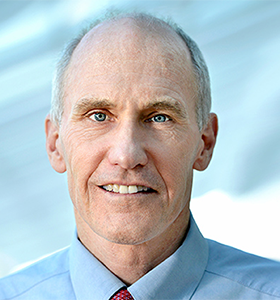
Carl June, M.D.
University of Pennsylvania
Director of the Center for Cellular Immunotherapies
Director of the Parker Institute for Cancer Immunotherapy
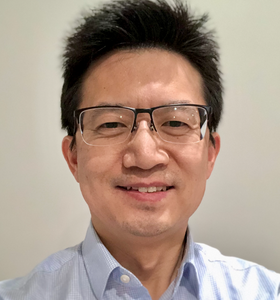
Ji Luo, Ph.D.
National Cancer Institute
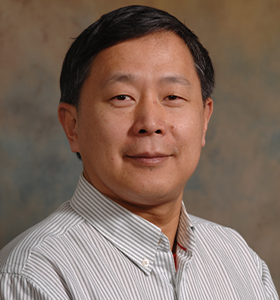
Nan-ping Weng, M.D., Ph.D.
National Institute of Aging
Laboratory of Molecular Biology and Immunology
Collaboration with The Mark Foundation for Cancer Research:

Albert Einstein College of Medicine
Director, Institute for Cancer Dormancy and Tumor Microenvironment

Ross Levine, M.D.
Memorial Sloan Kettering Cancer Center
Chair in Leukemia Research
Chief, Molecular Cancer Medicine Service

Harvard Medical School
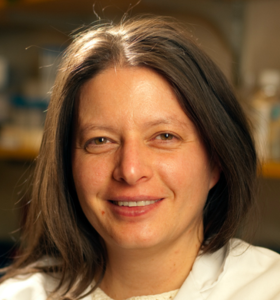
Dana-Farber Cancer Institute

Johns Hopkins School of Public Health
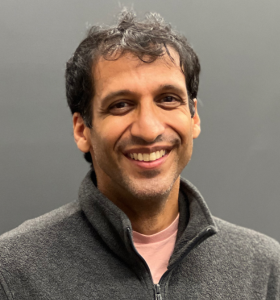
University of Pennsylvania
Professor of Bioengineering
Professor of Genetics

Johns Hopkins School of Public Health
Collaboration with The Israel Cancer Research Fund
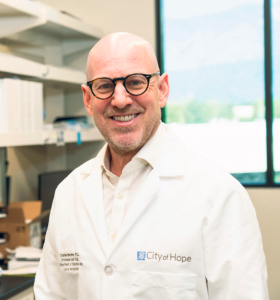
Charles Brenner, Ph.D.
City of Hope National Medical Center
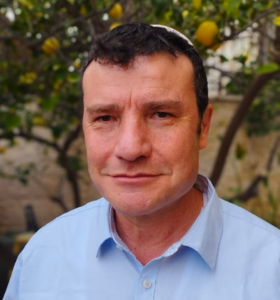
Haim Cohen, Ph.D.
Bar-Ilan University
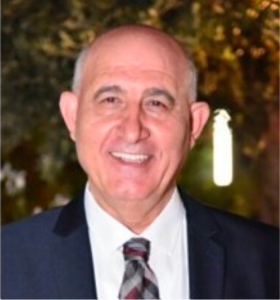
Fuad Iraqi, Ph.D.
Tel Aviv University
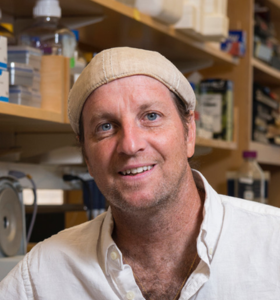
Raul Mostoslavsky, M.D., Ph.D.
Harvard Medical School
Collaboration with Albert Einstein College of Medicine

Albert Einstein College of Medicine
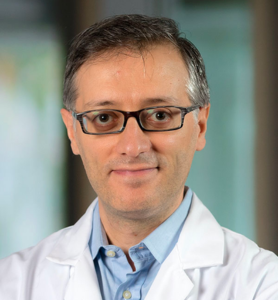
Albert Einstein College of Medicine